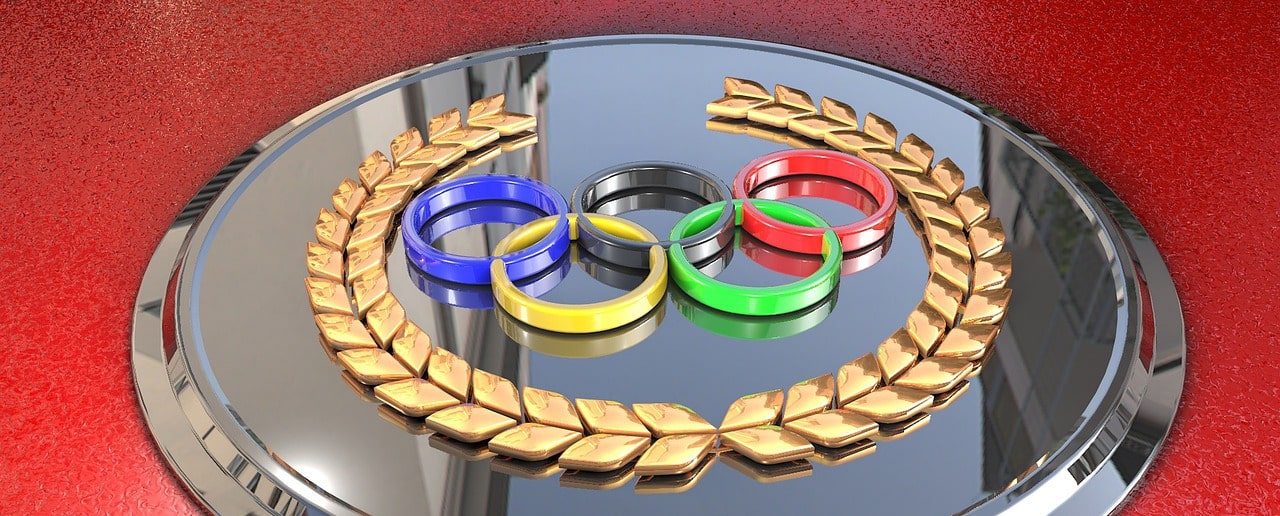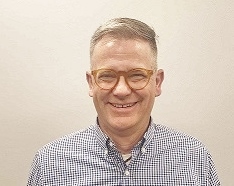Olympics Mental Health
The arrival of the Olympic Games brings with it opportunities to immerse in competitions we seem to notice once every four years (hello, water polo, dressage and fencing), as well as catch up on exciting favorites like swimming, track & field and gymnastics.
Already these Paris games we are reminded of the superiority of gymnast Simone Biles, one of the most recognized athletes in the world, not just for her heart-stopping athleticism, but also for her mental health advocacy.
The lesson from Biles is that mental health concerns can be successfully addressed, and that sometimes we need to slow down and tend to them. This can be a rough detour, but as Biles shows us, it usually lights a more navigable path and a healthier life.
Her journey began with her withdrawal from the last Olympics in Tokyo for what she termed the “twisties,” a mental health condition that could have led to serious injury.
Now back on the world stage, she’s a testament to the importance of a sound mind.
Boston Globe sports columnist Tara Sullivan writes from Paris: “… the story of Biles at these Paris Games is about resiliency in even bigger, more life-affirming ways. … She continues to push her sport forward. But as an advocate for mental health, she is pushing sports as a whole forward, too. And perhaps that will be her lasting legacy.”
If so, that’s saying a lot for someone who, at age 27, historically old by international gymnastics standards, is likely to compete in the all-around finals, as well as three individual event finals. We appreciate someone like Simone Biles who helps to continue the conversation around the importance of mental health.
Sullivan adds: “Biles’s emergence as one of the most important mental health advocates – not just in gymnastics but across all sports – will far outlive anything she does in the gym, her voice leading the way in a conversation that continues to break out of its stigmatized shadows and into fresh and open air. It’s an evolution long in the making and long overdue. With the [United States Olympic and Paralympic Committee] adding so many resources in the last four years, athletes are more willing than ever to ask for help.”
Dr. Jessica Bartley, the USOPC’s senior director of psychological services, told Sullivan: “I do think that athletes speaking up more has helped us drive the conversation around mental health and well-being and being able to take a break, take care of your mental health.”
Accordingly, part of Biles’ message is that there’s strength in numbers. As she said in “Simone Biles Rising,” a Netflix documentary, “I don’t have it all together, but I can be there with you every step of the way.”
A perfect message for difficult times, or for when we just need some reassurance.
Family Service Association of Greater Elgin is available to assist anyone who struggles with mental health. If you or someone you love needs support, call us at (847) 695-3680. We are here to help.


